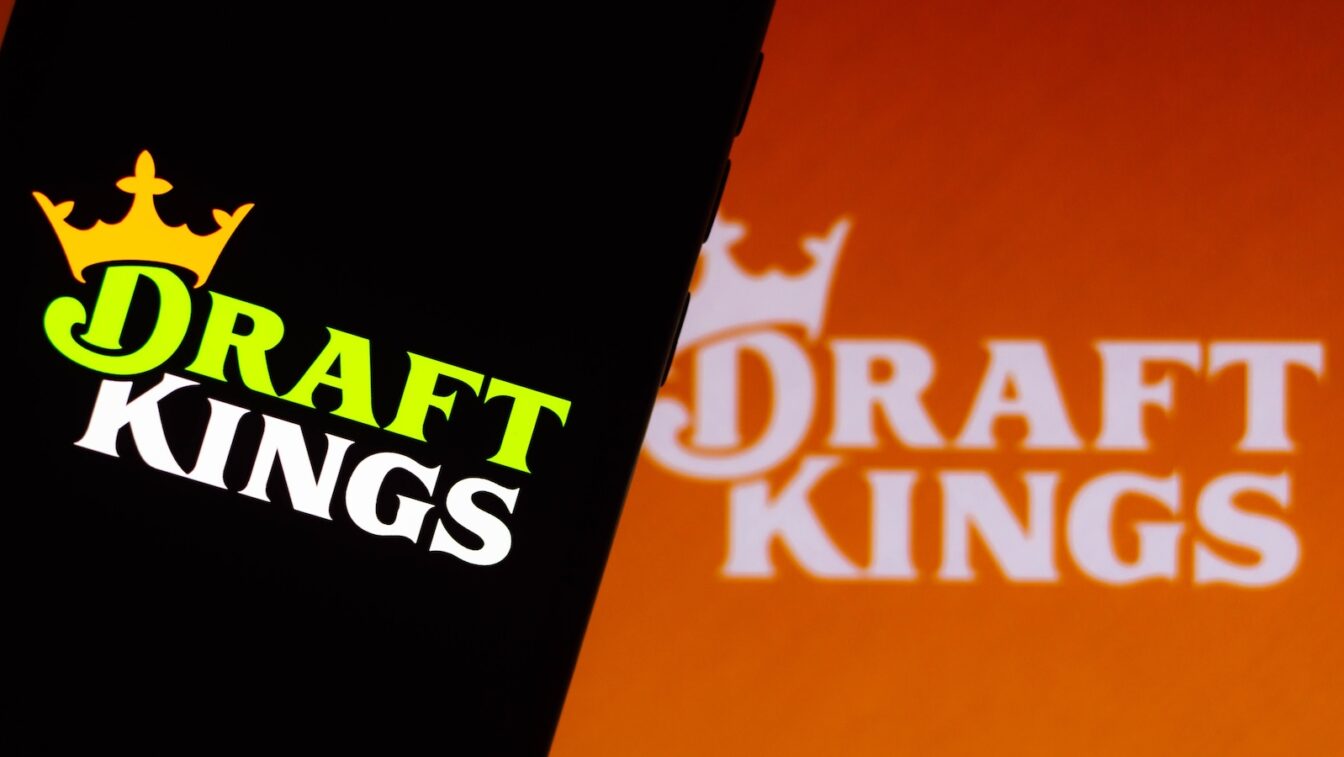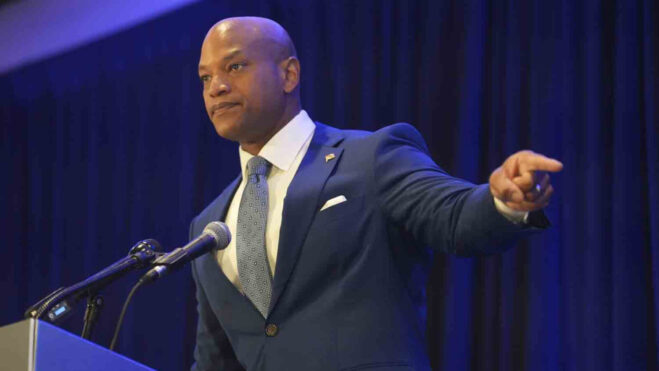DraftKings And Fanatics Settle Legal Dispute Over Executive Defection
The settlement allows Michael Hermalyn to continue working as VIP president for Fanatics
1 min

A high-profile legal battle between DraftKings and Fanatics Sportsbook is coming to a close. Just before Christmas, they reached a settlement in their dispute over executive Michael Hermalyn’s transition from DraftKings to Fanatics.
Reuters reported that the settlement, announced on Dec. 22 and finalized in a filing with the U.S. District Court for the District of Massachusetts, effectively ends the litigation between the parties. The court dismissed the case with prejudice.
The conflict began earlier this year when Hermalyn, a former senior executive at DraftKings, accepted a position at Fanatics Sportsbook. DraftKings accused Hermalyn of breaching his employment agreement and potentially sharing confidential business strategies and trade secrets with his new employer.
Fanatics, an emerging player in the sports betting industry, has been aggressively expanding its footprint, and hiring experienced executives from established operators like DraftKings fits with that strategy.
The lawsuit alleged that Hermalyn’s insider knowledge of DraftKings’ operations and growth plans posed a direct competitive threat. He was hired by Fanatics to help the sportsbook build out its VIP player base, and DraftKings was concerned that Hermalyn could use privileged information to poach customers.
DraftKings sought an injunction to restrict Hermalyn’s role at Fanatics, arguing that his move violated non-compete clauses and confidentiality agreements. The court initially ruled in DraftKings’ favor, issuing a preliminary injunction that required Hermalyn to step back from certain strategic and operational responsibilities at Fanatics.
This order limited Hermalyn to a lesser role while the case progressed. With the case now resolved, Hermalyn is expected to assume his responsibilities at Fanatics, albeit within the constraints of the settlement agreement and the prior court orders.
Closing the book
The court documents revealed that DraftKings and Fanatics had been engaged in extensive negotiations before reaching the settlement. Both parties faced potential risks in prolonged litigation, including reputational damage and operational disruptions.
By settling, they avoided the uncertainties of a trial and preserved resources that might otherwise have been consumed by a protracted legal battle.
While the specific details of the settlement remain sealed, the agreement was contingent on the court maintaining exclusive jurisdiction over the settlement for the next four years to address any disputes or enforcement issues arising from the agreement.
The settlement led to a joint motion by all parties to dismiss the case, which was approved by the court on Dec. 23. Each party agreed to bear its own legal costs and attorney fees.
For Hermalyn, the court-mandated restrictions during his early tenure at Fanatics reflect the judiciary’s willingness to enforce employment agreements to prevent potential misuse of trade secrets. However, the settlement suggests that all parties found a mutually acceptable resolution that allows Hermalyn to continue working with Fanatics while addressing DraftKings’ concerns.






